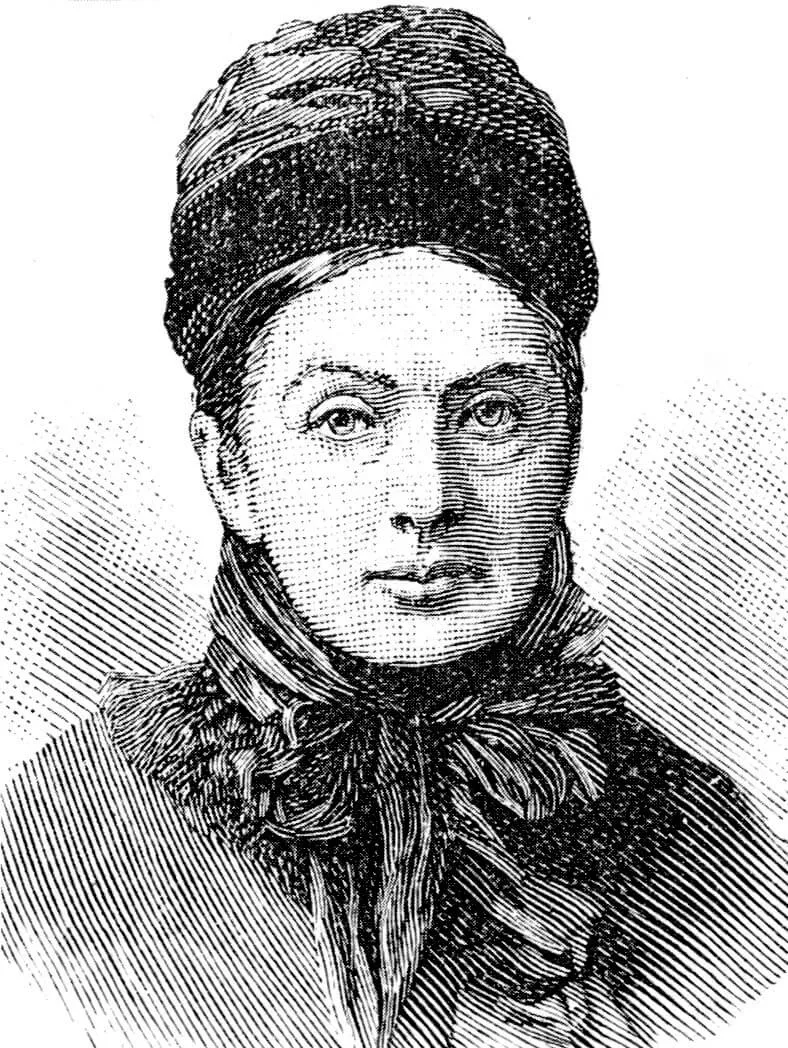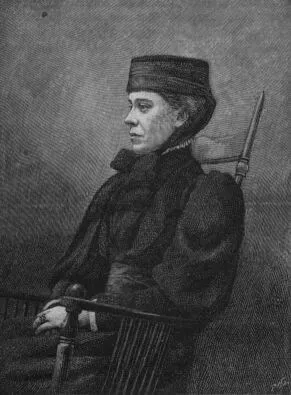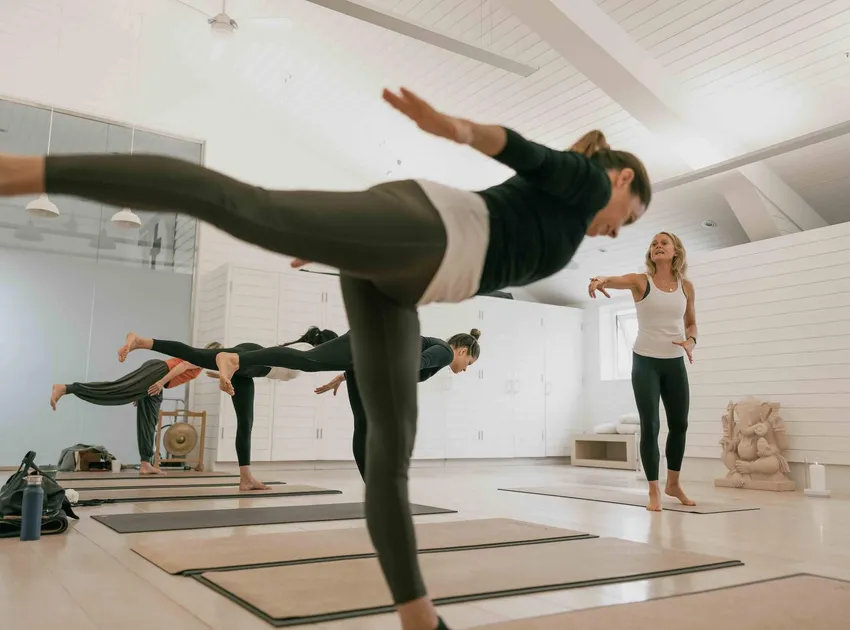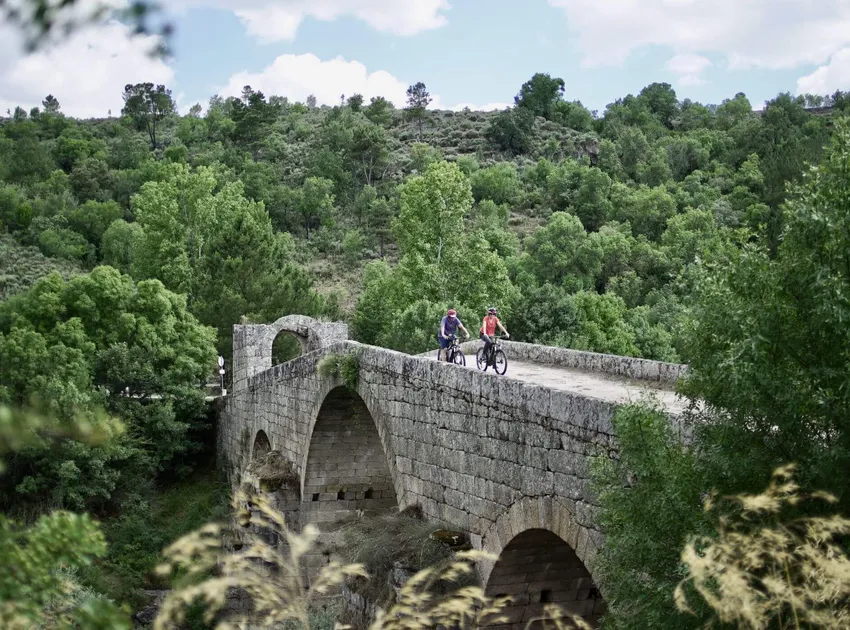Great Female Adventurers and Explorers
Columbus, Drake, Cook, Hilary: there are countless men who have fearlessly travelled the world, made great discoveries, and rightfully cemented themselves as household names. But it's not just the men who have bravely explored the world over the centuries. Here are just a few of the inspiring women who have undertaken epic solo travel adventures.
Isabella Bird (1831-1904)
A Victorian gentlewoman from rural Yorkshire, Isabella Bird defied expectations to become a trailblazing explorer. Despite battling chronic illness, she travelled around the world by boat, on foot and on horseback. She craved open countryside and fresh air, leading her to ride 800 miles solo through the Colorado Rockies. Her book A Lady's Life in the Rocky Mountains recounts her time surviving treacherous conditions and living fearlessly. She continued to travel into her 70s, with other adventures including crossing the steppes of Central Asia and travelling among the Berbers in Morocco.
Isabella became the first female member of the Royal Geographical Society, and helped pave the way for future female solo travellers.
Mary Kingsley (1862-1900)
Another great Victorian explorer, Mary Kingsley is best known for her solo travels in West Africa in the 1890s. She lived with local tribes and was deeply respectful of African cultures. On one journey, she paddled up the Ogooué River in a dugout canoe and collected fish specimens for British museums.
Despite often being asked where her husband was - a conversation that many female solo travellers can still relate to - Kingsley journeyed to areas that no European had been to before, often visiting dangerous areas alone. Her books helped to change Western stereotypes of African culture.

Annie Londonderry (1870–1947)
In 1894, Annie Cohen Kopchovsky, a Jewish mother of three, set out to do something unheard of: cycle around the world. She left Boston in a long skirt and corset and pedalled her way to fame as the first international female sports star. Over 15 months, she crossed Europe, Asia and the United States on a clunky men's bicycle, with a little help from trains and boats.
At a time when anti-semitism was rife, Annie opted to change her surname. 'Londonderry' actually came from her sponsor: the Londonderry Lithia Spring Water Company. This was one of many moneymaking schemes she came up with to fund her travels; she would sell photos, sign souvenirs and deliver lectures in which she told tales of her adventures, not all of which can be verified. She claimed that the trip came about as the result of a wager, and told many reporters that she would receive $10,000 if she finished her journey in 15 months, although this story has since been disputed.
With a tendency to hyperbolise, the details of Londonderry's trip are unclear, but we can be sure that it was bold, audacious and like nothing done before.
Did you know the idea for The Slow Cyclist came about after our founder, Oli Broom's 14 month slow cycle to Australia? Find out more here.

Amelia Earhart (1897–1937)
One of the best-known female adventurers and aviation's most iconic trailblazer, Amelia Earhart became the first women to fly solo across the Atlantic in 1932. Although perhaps best known for the mystery that surrounds her final flight (she disappeared along with her navigator Fred Noonan somewhere ever the Pacific ocean, never to be found), Earhart lived a fascinating life.
Her mountaineering mother was determined to let her daughters be independent and support themselves, and as a result Amelia prioritised a career and freedom. She began working as a social worker before falling in love with aviation when she visited an 'air rodeo' in the 1920s. Her record-breaking began as the first female (as a passenger) to cross the Atlantic Ocean by plane, and she soon went on to become the first woman to fly solo across the United States and the Pacific Ocean. Her most ambitious trip was an attempt to be the first female pilot to fly around the world but, sadly, it was never completed.

Junko Tabei (1939–2016)
The first woman to summit Everest and ascend the Seven Summits (the highest mountains on each continent), Tabei has inspired future generations of female mountaineers. She was known for her resilience, having survived an avalanche on Everest yet refusing to leave the mountain.
Throughout her life, she worked as a hiking guide, taught music and English, wrote seven books and set up a women's mountaineering club. She was passionate about protecting the environment and organised 'clean up' climbs in Japan and the Himalayas.
Speaking about her achievements, she once said, 'I can't understand why men make all this fuss about Everest - it’s only a mountain.'
For more stories about inspiring travel and great adventurers, sign up to our fortnightly newsletter, The Slow Journal, below.
Images: Public domain, via Wikimedia Commons, Project Gutenberg, Public domain, via Wikimedia Commons, Studio Tourne, Public domain, via Wikimedia Commons, Underwood & Underwood (active 1880 – c. 1950)[1], Public domain, via Wikimedia Commons, Jaan Künnap, CC BY-SA 4.0 , via Wikimedia Commons





